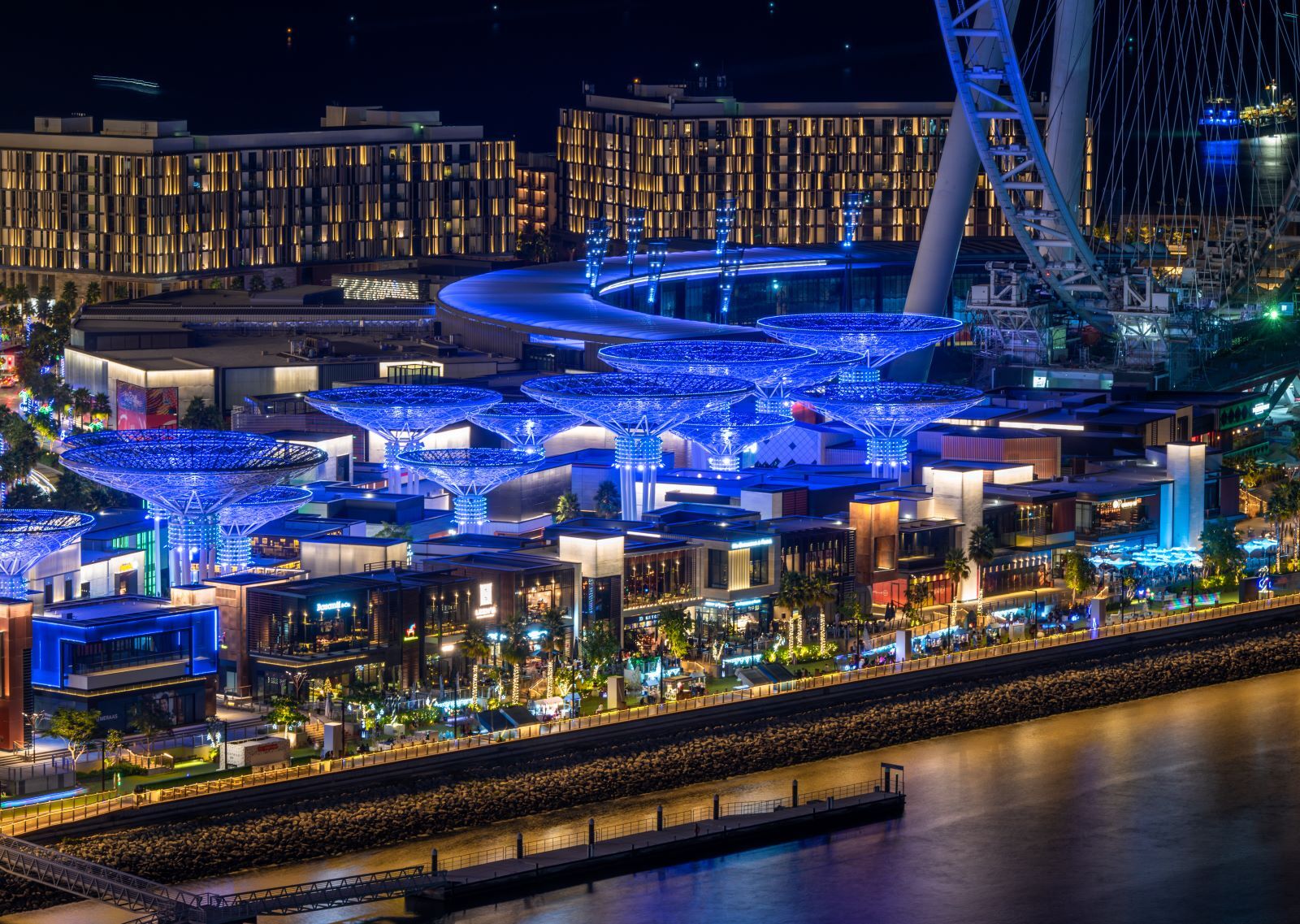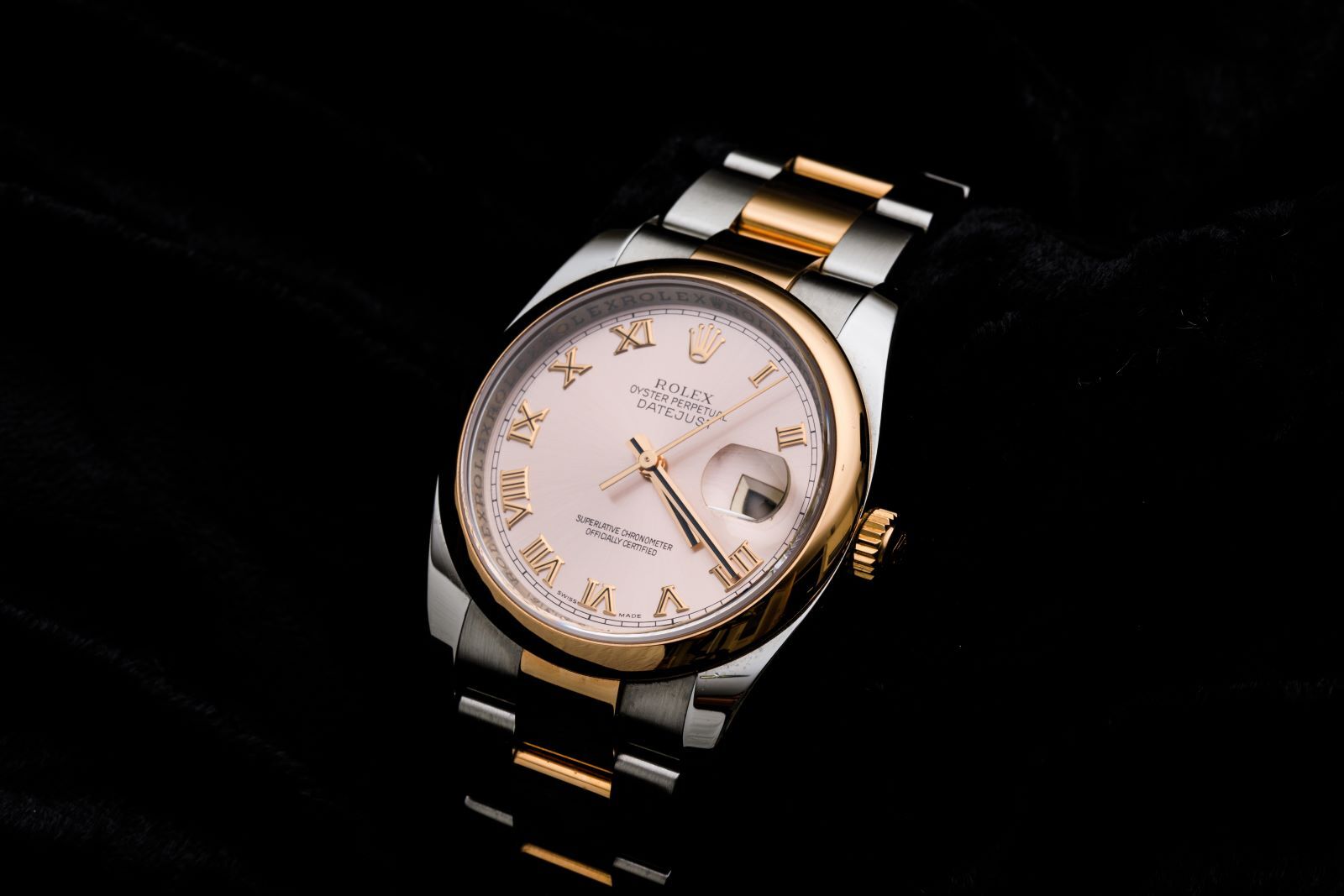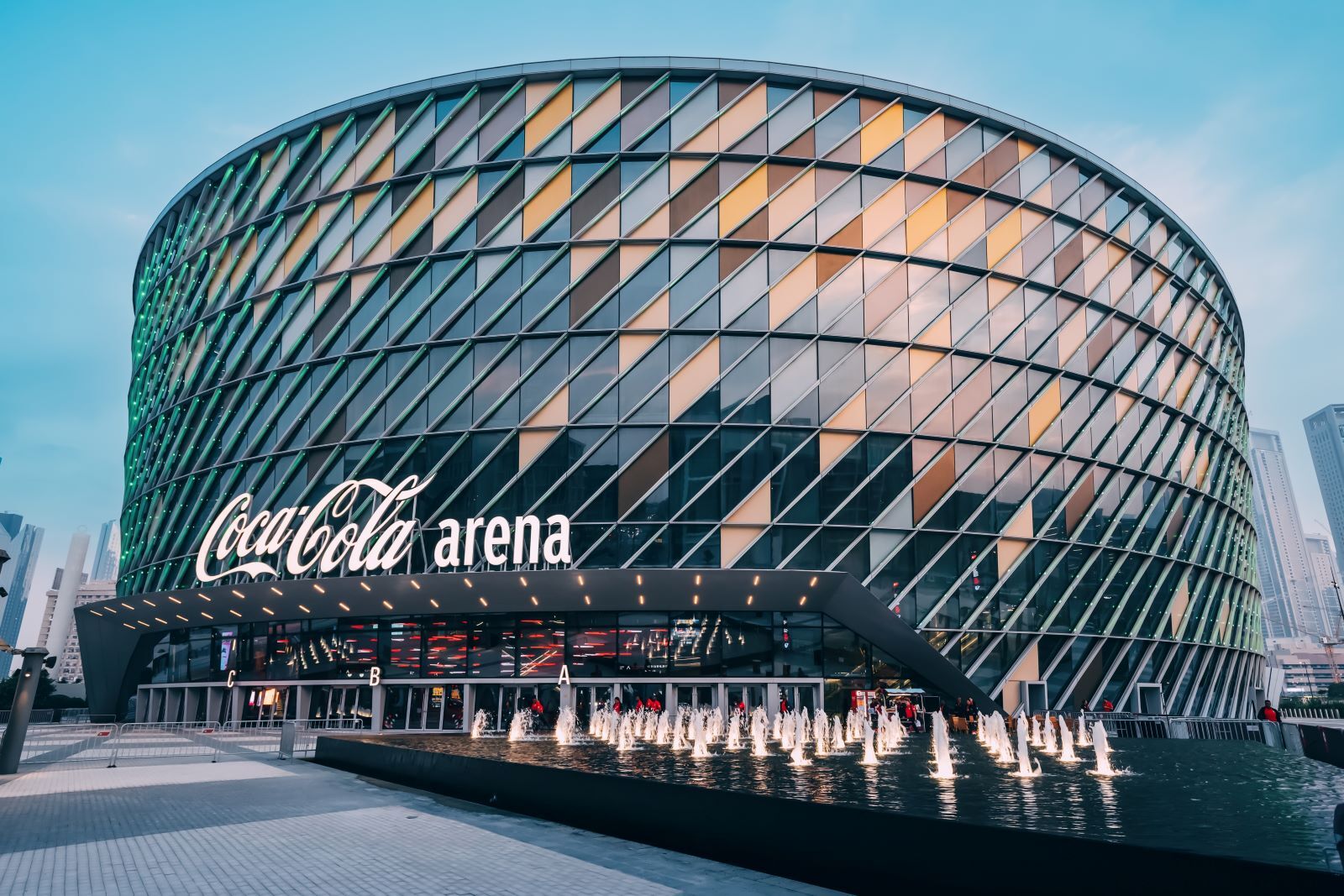The Language of Property: Real Estate Terms in the UAE
Published: 30 July 2025
When you buy a property in the UAE, you’ll quickly find yourself picking up a new vocabulary. Many terms here are rooted in Arabic (Oqood, Ejari and Trakheesi, for instance), and while they might sound unfamiliar at first, each one plays a key role in how the market is structured. Whether you’re investing in an off-plan penthouse on Palm Jumeirah or a villa in Dubai Hills Estate, this guide breaks down the key terms you’re likely to encounter, and why they matter in context.

Freehold
In Dubai, buying a freehold property means owning it outright: the unit, the land beneath it, and the right to sell or lease it as you choose. This model was introduced in 2002, when the government opened select areas to foreign ownership, including communities like Palm Jumeirah, Downtown Dubai, and Emirates Hills. Today, there are more than 70 freehold areas in Dubai.
Buyers receive a title deed in their name, issued by the Dubai Land Department (DLD), with no expiry date or renewal terms. It's the most straightforward form of ownership for international buyers seeking long-term control, capital appreciation, and full resale rights.
Also Read: Property Valuation in Dubai
Leasehold
Leasehold grants ownership of a property over a fixed period of time (typically 30 to 99 years), but not the land it sits on. Once the lease expires, ownership reverts to the freeholder unless it’s renewed. In Dubai, leasehold properties are commonly found in long-established local areas such as Jumeirah, Al Safa, and Al Manara.
Buyers can sell their leasehold during the term and sometimes sublet the property, depending on the conditions set out in the lease agreement. While less common among international investors, it can offer strong value for those more focused on lifestyle and location, rather than long-term investment.
Also Read: Best Real Estate Apps in Dubai
Oqood
Meaning ‘contracts’ in Arabic, Oqood is the DLD’s system for registering off-plan property sales. When you buy a unit that’s still under construction, ownership is recorded through an Oqood certificate, confirming your legal interest in the property until it’s complete. While it’s not a title deed, it protects your rights during the build phase and holds the developer accountable to the terms of the agreement.
Once the property is handed over, the Oqood is replaced with the title deed in your name. You can resell the property while it’s still off-plan, depending on how far along you are in the payment schedule (typically around 40%).
In Abu Dhabi, off-plan sales and contract registration are handled through the DARI platform, which is managed by the Department of Municipalities and Transport (DMT).
Also Read: Top Investment Companies in Dubai
Title Deed
A title deed is the official document that proves you legally own a property in Dubai. Issued by the DLD, it contains the owner's name, the property details, and a unique registration number tied to the land plot or unit.
If you’ve purchased a ready property, the title deed is issued shortly after transfer. If you’ve bought off-plan, it replaces your Oqood certificate once construction is complete and handover is finalised. Either way, it’s your definitive proof of ownership, and it’s required for resale or applying for a Golden Visa.
Also Read: Escrow Account Dubai
Power of Attorney (POA)
When you grant someone Power of Attorney (POA), you give them the legal right to act on your behalf in financial or legal matters. This might include buying, selling, or managing property. In Dubai real estate, POAs are especially useful when a buyer or seller is overseas, or prefers to take a hands-off approach and let a representative handle the transaction.
If issued abroad, the POA must be notarised and attested by the UAE Embassy in the country of issue. Under DLD regulations, property POAs in Dubai are valid for a maximum of two years.
Also Read: Property Transfer Procedure in Dubai
MOU (Memorandum of Understanding), or Form F
The MOU is the agreement you’ll sign when buying a ready property on the secondary market. It lays out the key terms of the deal, including the agreed price, payment timeline, deposit amount, and what each party is responsible for in the lead-up to transfer. In Dubai, this is often done using Form F, a standard contract issued by RERA. It is signed after the buyer pays a 10% security deposit and is typically done digitally via the DLD REST app.
Also Read: Dubai First Time Home Buyer Incentives
RERA
The Real Estate Regulatory Agency, otherwise known as RERA, is the government body that regulates Dubai’s property market. It operates under the DLD and oversees developers, brokers, service charges, tenancy laws, and dispute resolution.
RERA is behind many of the systems that bring structure and transparency to the market, including standardised contract forms (like Form A and Form F), the Trakheesi permit system, and guidelines around advertising and rental pricing. Whether you're buying, selling, or renting, it’s RERA that ultimately shapes how each stage of the process is handled.
RERA is specific to Dubai – other Emirates have their own regulatory bodies under their respective municipalities.
Also Read: Rent to Own in Dubai
Sales and Purchase Agreement (SPA)
The Sales and Purchase Agreement (SPA) is the main contract you’ll sign when buying an off-plan property. It sets out all the key details of the transaction, including the price, payment schedule, unit specifications, handover date, and what happens if either party doesn’t hold up their end of the deal.
For off-plan purchases, the SPA is usually signed after the initial deposit is paid, and it's required in order to register the Oqood. Once signed, it becomes a legally binding agreement, giving both buyer and seller clear terms to move forward on.
Also Read: Best Areas for Rental Properties
Escrow Account
When you buy an off-plan property in Dubai, your payments don’t go straight to the developer, they go into an escrow account that’s monitored by the DLD. This system is designed to protect buyers and ensure funds are only released to the developer in stages, as construction milestones are met.
Every registered off-plan development will have its own dedicated escrow account. It’s one of the key safeguards in Dubai’s real estate system, and one reason the market is considered secure and investor-friendly.
Also Read: Exotic Investments
Ejari
Ejari is the system used to register rental contracts in Dubai. The word means ‘my rent’ in Arabic, and the platform is run by the DLD to formalise and track all tenancy agreements in the emirate. All tenancies must be registered through Ejari to be legally recognised, including commercial spaces. It’s required for setting up DEWA (utilities), visa renewals, and in some cases, rental dispute resolution. Either landlord or tenant can register the Ejari, but more often than not, the tenant completes the registration online.
Abu Dhabi’s equivalent is Tawtheeq, which is now integrated into the DARI platform.
Also Read: Best Trading Platform in UAE
Makani
Makani is the UAE’s answer to the postcode – a digital addressing system that gives every building a unique 10-digit number. Developed by Dubai Municipality, it pinpoints the exact location of a property (residential, commercial or public), down to the entrance.
While Dubai doesn’t use postal codes in the traditional sense, the Makani number serves a similar purpose, helping with deliveries, emergency services, navigation, and even official paperwork. You’ll often be asked for it when registering a property or filling out tenancy forms.
Originally developed in Dubai, Makani is now being adopted more widely across the Emirates.
Also Read: Risks of Buying Property in Dubai
Trakheesi
Meaning ‘permits’ in Arabic, Trakheesi is the system that regulates property advertising in Dubai. Brokers and agencies must apply for a Trakheesi permit before listing any property for sale or rent, whether it’s online or in print. Every listing should have a unique Trakheesi number (or a QR code) confirming that the agent is authorised, the property is genuine, and the details are properly registered. If it doesn’t, it shouldn’t be listed.
Other Emirates don’t yet have a centralised permit system like Trakheesi, but listings still remain subject to local municipality and licensing rules.



